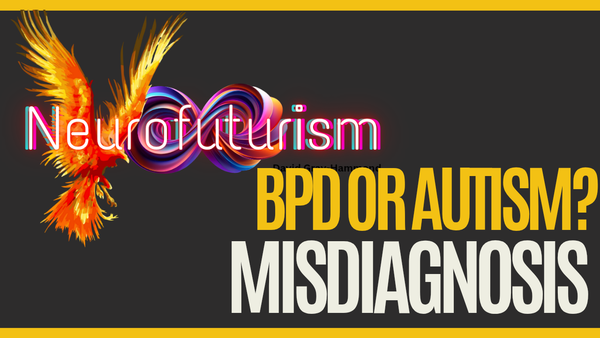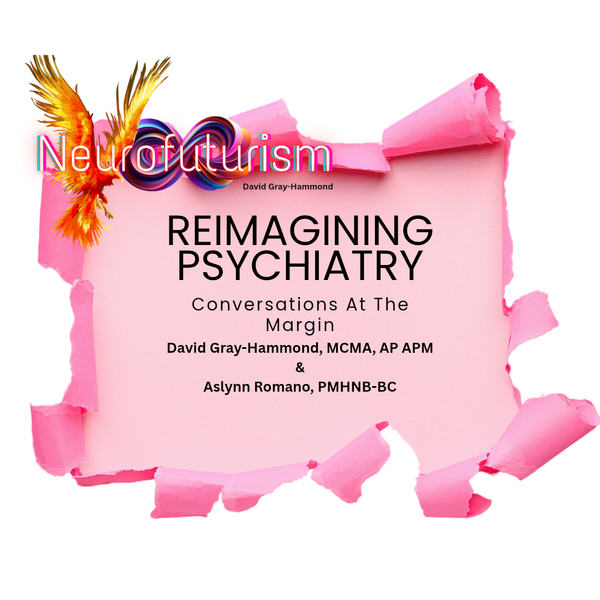#ItsNotOkayToNotBeOkay: Social factors in Autistic wellbeing

As of today a new campaign begins. This campaign, names as #ItsNotOkayToNotBeOkay is particularly pertinent to Autistic people. As a community, we have reached a point where psychological distress is treated as though it is a taken-for-granted part of our experience. While previous campaigns have tried to normalise opening up about our mental health, it seems that suffering has become a normalised, or even trivialised aspect of being in a marginalised community. This is particularly problematic for Autistic people who experience much poorer outcomes in life than non-Autistic people. I have written at length about the causes of these outcomes in my co-authored Creating Autistic Suffering series with Tanya Adkin. It seems as though we are just supposed to accept that suffering.
What mental health outcomes are Autistic people faced with?
Autistic people are 9x more likely to die by suicide than the general population. In fact, the younger members of our community are 28x more likely to think about or attempt suicide; 15% of Autistic children had suicidal thoughts compared to 0.5% of non-Autistic children (Royal College of Psychiatrists). To really unpick these statistics on autism and suicide we have to think intersectionally. Weir et al (2021) found that Autistic people are much more likely to be LGBT+ than their non-Autistic peers. I find this particularly interesting when we consider the current attitudes towards Trans+ people and anyone falling under the LGBT+ umbrella. This is a group that faces discrimination and hate on two fronts at the minimum.
We also have to consider the disparity in diagnoses between BIPOC and white western individuals and the impact of gender on diagnosis. Both of these groups are less likely to have access to formal identification of their Autistic identity. This can result in a number of unpleasant outcomes which have the potential to impact on their mental health. Overall, Autistic people are likely to be facing multiple-marginalisation rather than only being disadvantaged by autism. This lack of privilege has a cumulative effect that contributes to the absurdly high rate of suicidality.
#ItsNotOkayToNotBeOkay - Why are Autistic people not okay?
The cumulative effect of the discrimination and marginalisation that Autistic people experience can be understood via a theoretical model known as minority stress. Botha & Frost (2018) discuss how concealment, discrimination, and stigma internalised from the attitudes of others creates social stress that negatively impacts our mental health. When you want to know why Autistic people are experiencing poor mental health, we need only look at the social issues affecting minority communities in society.
The irony is that mental health problems themselves are stigmatised. In their book Empire of Normality (Chapman, 2023) discusses how societal shifts during the industrial revolution led to Cartesian models of both physical and mental health. We positioned the mentally distressed brain as a defective part of a machine, paving the way for social inequality in what was viewed as the "surplus population". This attitude of defective machines leading to mental health problems has been very much internalised en masse. We find ourselves developing mental health problems because of a traumatic experience of society, and then being further traumatised by attitudes towards mental health.
This is why the #ItsNotOkayToNotBeOkay campaign started. Talking about our mental health is vital, but if we are not tackling the societal conveyor boat that carries us from birth to psychological disquiet the suffering continues. #ItsNotOkayToNotBeOkay invites us to flip the narrative and think about how the oppression of the everyday person robs them of their well being while demanding they uphold the wellbeing of the economic system and those in power.



